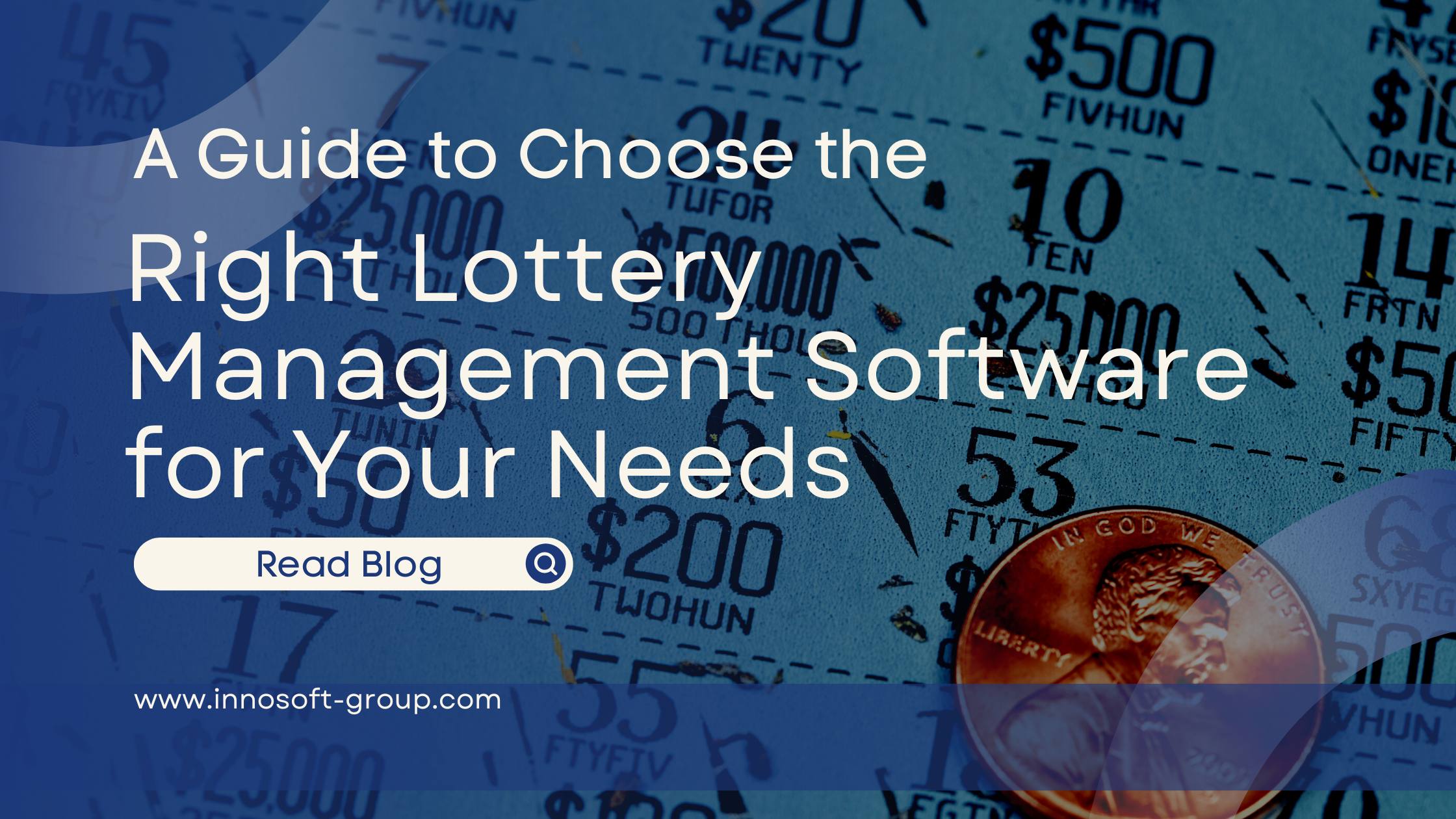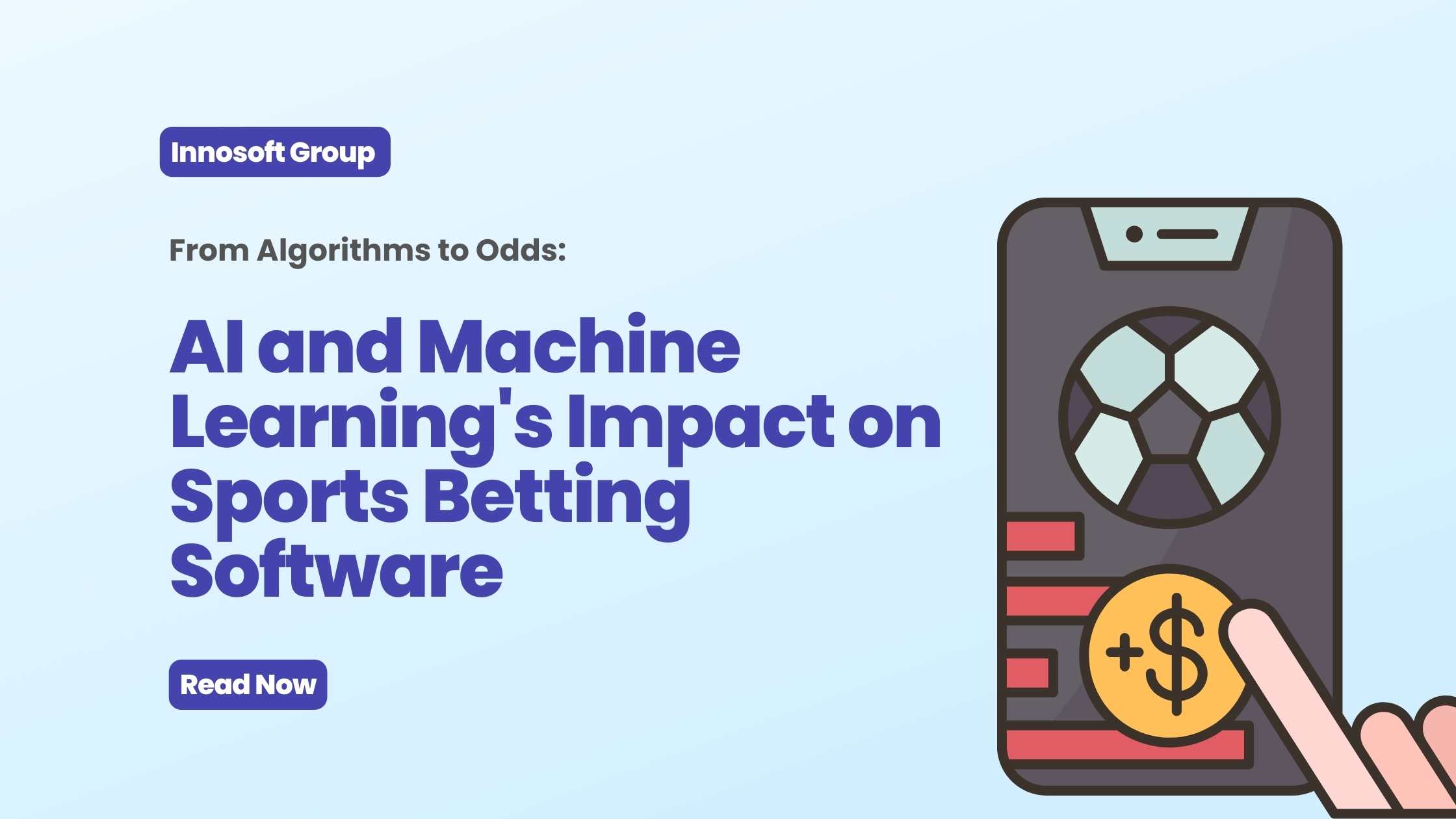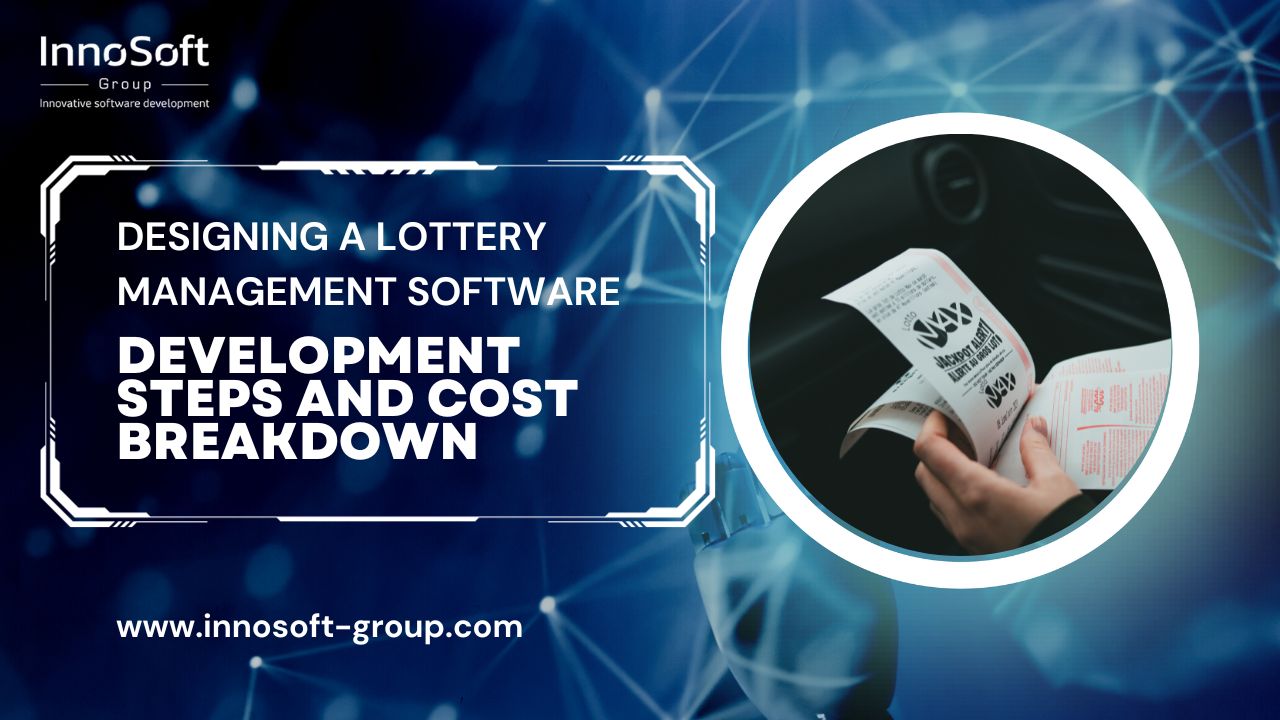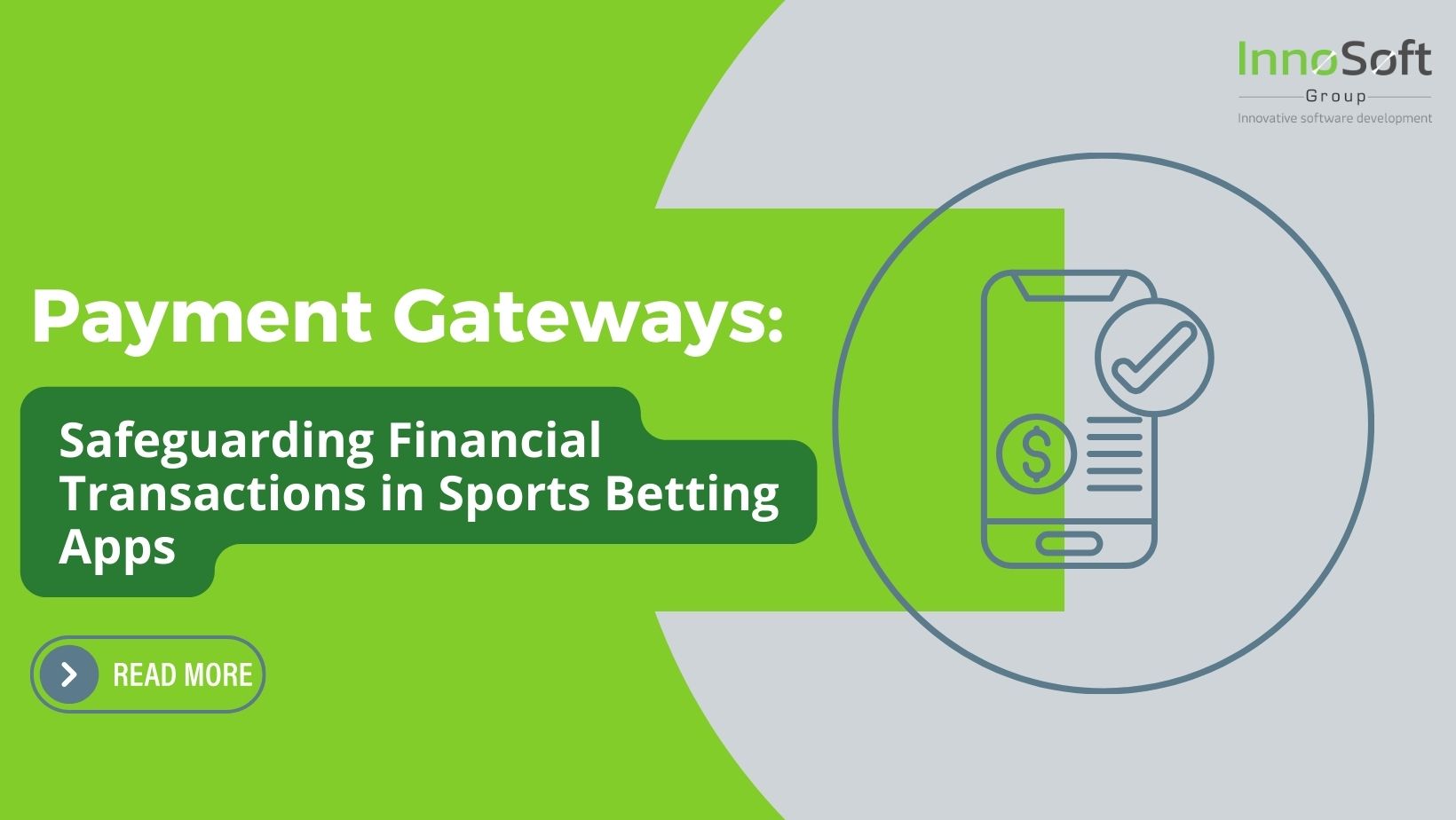Blockchain is a transformative technology that is revolutionising the way many industries operate. With its ability to create secure and transparent systems for storing and sharing data, blockchain is disrupting industries from finance to healthcare. In this article, we will explore 19 industries that are being disrupted by blockchain technology and how it is transforming their operations.
Blockchain’s impact can be felt across a wide range of industries, from banking and supply chain management to cybersecurity and healthcare. By providing secure and transparent systems for storing and sharing data, blockchain is streamlining operations, reducing costs, and increasing efficiency. In this article, we will take a closer look at 19 industries that are being transformed by blockchain technology, including banking, supply chain management, cybersecurity, forecasting, insurance, cloud storage, government, healthcare, retail, energy management, transportation, accounting, human resources, cloud computing, digital advertising, fine art, food and beverage, gaming, and real estate. We will examine how blockchain is disrupting these industries and what changes we can expect to see in the future. By the end of this article, you will have a deeper understanding of the transformative power of blockchain and its potential to reshape the way we live and work.
1. Insurance:
Blockchain is revolutionizing the insurance industry by streamlining claims processing, reducing fraud, and increasing transparency. Trust is a fundamental element of the global insurance market, and blockchain is a new way of managing trust that can validate many types of data in insurance contracts, including the identity of the insured person.In addition, blockchain’s decentralized system enables insurers to identify false claims and prevent forgeries, increasing the integrity of the system.
2. Forecasting:
Blockchain is being used to create more accurate and transparent forecasting models in industries such as weather, finance, and sports. Furthermore, blockchain has the potential to improve data management and organisation in forecasting applications such as traffic models and weather forecasting.
3. Transportation:
Blockchain is being used to create more efficient and secure transportation systems, reducing costs and increasing safety. This can provide benefits such as improved inventory management, reduced transportation costs, and better customer service.
One area where blockchain is making a significant impact is in the management of freight and logistics. The technology is being used to create a more secure and reliable system for recording and tracking the movement of goods.
4. Banking:
Blockchain has helped the financial industry by enabling faster and more secure transactions, as well as lowering costs and enhancing transparency. With the advent of blockchain technology, financial transactions can now be completed faster and with greater security, as the transactions are verified and recorded in a decentralised ledger.
Blockchain technology also enables financial organisations to deliver safe, transparent, and efficient financial goods and services, such as digital currencies. Blockchain-based financial solutions are becoming increasingly popular as cryptocurrencies such as Bitcoin, Ethereum, and Ripple gain traction, providing clients with greater freedom and control over their financial assets.
In conclusion, the impact of blockchain technology on the banking industry is undeniable. It is revolutionizing the way banks operate, offering a secure and transparent system for recording transactions while reducing costs and increasing efficiency. As more banks explore the potential of blockchain, it is crucial to partner with a trusted and experienced blockchain development company to navigate this rapidly evolving landscape. By leveraging the expertise of a blockchain development company, banks can stay ahead of the curve and take advantage of the benefits offered by this transformative technology.
5. Supply Chain Management:
By providing a secure and transparent record of every transaction, blockchain is transforming the supply chain industry by reducing fraud, errors, and costs. The supply chain industry is a complex network of activities involving multiple parties, including manufacturers, suppliers, distributors, retailers, and consumers.
However, the use of blockchain technology in supply chain management has resulted in a substantial transformation by giving a secure and transparent record of every transaction. Blockchain technology has the ability to eradicate supply chain fraud, mistakes, and other malpractices by generating an immutable and tamper-proof record of every transaction.
Blockchain-based supply chain systems can also reduce transaction costs by eliminating intermediaries and enabling direct peer-to-peer transactions.
6. Cybersecurity:
Blockchain provides a secure way of storing and sharing data, which makes it an ideal tool for cybersecurity applications. It can be used to secure sensitive data, such as financial records and personal information.
Cyber attacks like data breaches, identity theft, and malware attacks can lead to substantial financial losses, harm to reputation, and legal responsibility. Traditional cybersecurity systems depend on centralised servers and databases that are susceptible to attacks and data breaches.
Blockchain-based systems can improve the traceability and accountability of cybersecurity activities like incident response and threat analysis. By creating an immutable and transparent record of cybersecurity events, blockchain technology can improve the efficiency and effectiveness of cybersecurity processes, enabling businesses to respond quickly to security incidents and mitigate the risk of future attacks.
7. Cloud Storage:
Blockchain technology is being used to create decentralized cloud storage systems that are more secure, reliable, and cost-effective than traditional cloud storage. Cloud Storage eliminates servers, and uses blockchain to store data in the cloud.
8. Government:
Blockchain technology is being used to create more transparent and secure voting systems, identity verification systems, and public record systems.
9. Healthcare:
Blockchain technology is changing the healthcare industry for the better by creating secure and transparent medical records, reducing fraud, and increasing efficiency.
One significant benefit of using blockchain technology in healthcare is the development of a tamper-proof and transparent medical record system. This system allows authorized parties, such as doctors, nurses, and insurance companies, to access a patient’s medical history securely and transparently.
Additionally, blockchain technology can enhance efficiency in healthcare by reducing administrative burdens and enabling secure and efficient sharing of medical data. As a healthcare app development company leader, Innosoft Group can assist your healthcare business in utilizing blockchain technology to create secure and transparent medical record systems that reduce fraud and increase efficiency, ultimately resulting in better patient outcomes. By accessing complete and accurate medical histories, healthcare providers can make informed decisions, improve diagnoses, and develop better treatment plans, further enhancing patient outcomes.
10. Retail:
Blockchain technology is changing the retail industry by creating more transparent and secure supply chains, leading to reduced costs and increased customer trust.
One of the significant advantages of using blockchain technology in retail is its ability to provide end-to-end traceability of products. This means that retailers can track products at every stage of the supply chain, from the origin to the point of sale, giving customers an accurate and transparent view of the product’s journey.
Moreover, blockchain technology can reduce costs by streamlining supply chain processes, eliminating intermediaries, and reducing paperwork. This results in faster, more efficient transactions, and lower costs for both retailers and customers.
11. Energy Management:
Blockchain is being used to create more efficient and decentralized energy systems, reducing costs and increasing energy security.
With blockchain, energy consumers can directly buy and sell energy to each other without the need for intermediaries, such as utility companies. This creates a decentralized energy system that is more efficient, reduces costs, and gives consumers greater control over their energy usage.
12. Accounting:
Blockchain is transforming the accounting industry by providing secure and transparent records of financial transactions, reducing fraud and errors.
Advantage of using blockchain technology in accounting is its ability to provide a tamper-proof and transparent ledger of all financial transactions. The use of blockchain technology ensures that financial transactions are immutable and cannot be changed or deleted, providing a high level of security and transparency. This makes it easier for accountants to reconcile accounts and audit financial statements, reducing the risks of fraud and errors.
13. Human Resources:
Blockchain is being used to create more secure and transparent hiring and payroll systems, reducing costs and increasing efficiency.
One of the primary benefits of using blockchain technology in this field is the creation of a secure and unalterable record of employee information. This ensures that all employee data, from hiring details to payroll information, is stored safely and transparently.
Furthermore, blockchain technology can streamline the payroll process by automating the verification and processing of employee data. This reduces the need for manual checks, saves time, and reduces the workload of HR personnel, leading to increased efficiency and reduced costs.
14. Cloud Computing:
Blockchain is being used to create more secure and efficient cloud computing systems, reducing costs and increasing reliability. However, traditional cloud computing systems have faced challenges including security breaches, data loss, and network outages.
To address these issues, blockchain technology is used to develop more secure and efficient cloud computing systems. The decentralized nature of blockchain networks offers enhanced security, and data is stored across multiple nodes, making it difficult for hackers to compromise the system.
Blockchain technology provides a decentralized and secure network for cloud computing, enabling more efficient and reliable data storage and processing, leading to cost savings and increased trust.
15. Digital Advertising:
Blockchain is being used to create more transparent and secure advertising systems, reducing fraud and increasing accountability.
By using blockchain technology in digital advertising, advertisers and publishers can enjoy the benefits of a transparent and tamper-proof advertising record. This helps to verify ad delivery, confirm ad receipt, and evaluate advertising costs more accurately.
Additionally, blockchain technology can decrease ad fraud by detecting and verifying ad engagement, preventing fraudulent clicks or impressions generated by bots. This is possible due to the secure and decentralized system provided by blockchain. Another benefit of using blockchain in digital advertising is that it enables users to control their data and provide consent before it is shared with advertisers, thus enhancing user privacy.
16. Fine Art:
Blockchain technology is being used to create a more secure and transparent record of art ownership, reducing fraud and increasing transparency. The traditional art market often relies on intermediaries such as auction houses, art dealers, and appraisers to verify the authenticity and provenance of artworks. However, this process can be opaque and subject to manipulation.
By using blockchain, each artwork can be assigned a unique digital signature that is recorded on a tamper-proof ledger. This creates a permanent and unchangeable record of the artwork’s ownership history, including all transactions and transfers of ownership. This allows for a more transparent and trustworthy art market, reducing the risk of fraud and forgeries.
17.Food and Beverage:
The use of blockchain technology in the food and beverage industry is aimed at creating more secure and transparent supply chains. The traditional food supply chain is often complex, involving many intermediaries and multiple stages of transportation, storage, and processing. This complexity can lead to inefficiencies and difficulties in tracking the origin and movement of food products, which in turn can lead to food safety issues and consumer distrust.
18. Gaming:
Gaming has been one of the most popular applications of blockchain technology, with the potential to revolutionize the industry. Blockchain technology is being used to create more secure and transparent gaming systems, reducing fraud, and increasing player trust. With the help of a Development Company, blockchain can provide immutable, decentralized, and transparent gaming solutions for players.
In addition to preventing fraud, blockchain technology can also help to enhance the gaming experience by providing players with more control over their data and assets. For instance, players can use non-fungible tokens (NFTs) to represent in-game items, such as weapons or skins, that can be bought, sold, or traded on the blockchain. This gives players ownership over their virtual assets and allows them to profit from their gaming achievements.
Blockchain technology can offer several advantages to the gaming industry, such as enhanced security, transparency, and player trust. By partnering with a skilled Poker Game Development Company, the gaming industry can leverage blockchain technology to develop immersive and secure gaming experiences that appeal to players.
19. Real Estate:
The real estate industry is often criticized for its slow and bureaucratic processes, resulting in inefficiencies and a lack of transparency. To address these issues, blockchain technology is being used to create more efficient and transparent real estate systems. This can lead to significant cost savings and increased trust among buyers and sellers..
A key advantage of using blockchain technology in real estate is the creation of a secure and tamper-proof ledger of property ownership records. This ensures that property ownership can be verified and traced back to its origin, reducing the likelihood of fraud or disputes. Additionally, blockchain can automate the process of verifying property titles, which can significantly reduce the time and cost involved in real estate transactions.
Furthermore, blockchain technology can be used to create more efficient and transparent property rental systems. Smart contracts can be utilized to automate rental payments and enforce rental agreements, leading to greater efficiency and transparency.
Conclusion
In conclusion, blockchain technology is having a profound impact on a diverse range of industries, from finance and healthcare to transportation and retail. By providing secure and transparent systems for storing and sharing data, blockchain is streamlining operations, reducing costs, and increasing efficiency. It is also revolutionizing the way businesses approach trust, allowing for a decentralized and tamper-proof system that is transforming industries that rely on trust and security. If you are looking to integrate blockchain technology into your business, Innosoft Group can help. As a leading blockchain development company, we offer a range of blockchain solutions that can help your business harness the power of this transformative technology. From blockchain consulting and development to smart contract development and DApp development, we can help you leverage the power of blockchain to drive innovation and growth. Contact us today to learn more.




























